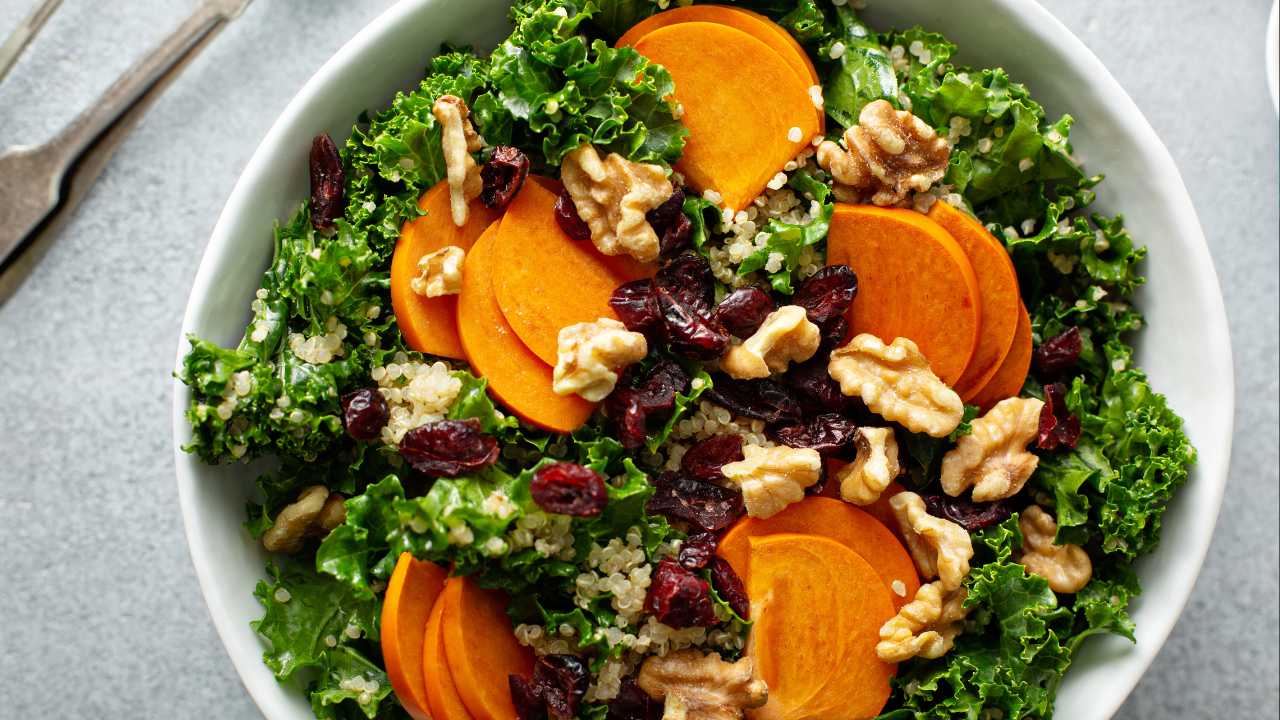As the cold weather sets in, it’s essential to include foods that not only keep you warm but also provide various health benefits. One such fruit is the persimmon. This vibrant, sweet fruit is often overlooked but is packed with essential nutrients. Here are 9 reasons why you should eat persimmon fruit this winter.
1. Rich in Vitamin C for Immunity Boost
Winter months bring about a higher risk of colds and flu. Persimmons are an excellent source of vitamin C, which plays a crucial role in strengthening your immune system. A single persimmon can provide you with a significant portion of your daily vitamin C intake, helping to fend off those winter bugs.
2. Packed with Antioxidants
Persimmons are rich in antioxidants such as beta-carotene, lycopene, and tannins. These compounds help protect your body from free radicals, which can cause oxidative stress and contribute to various diseases. By eating persimmons, you’re giving your body a natural defense against the harmful effects of winter pollution and other environmental stressors.
3. Improves Digestion
Winter can often lead to digestive discomfort due to changes in diet and lifestyle. Persimmons contain high levels of dietary fiber, which supports healthy digestion by promoting regular bowel movements. The fiber also helps in balancing gut bacteria, preventing constipation, and keeping your digestive system functioning optimally.
4. Supports Heart Health
Eating persimmons regularly can improve heart health. This fruit is loaded with potassium, which helps maintain healthy blood pressure levels. Additionally, the antioxidants in persimmons work to reduce cholesterol levels, thus decreasing the risk of heart disease during the winter months when heart health is often more vulnerable.
5. Helps in Weight Management
Winter can sometimes lead to weight gain due to inactivity and comfort eating. Persimmons are a low-calorie fruit packed with fiber, making them a great option for those looking to manage their weight. The fiber content helps you feel fuller for longer, preventing overeating during the colder months.
6. A Natural Energy Booster
The natural sugars in persimmons provide an immediate and sustained energy boost without the crashes associated with processed sugar. This makes persimmons an ideal snack to keep your energy levels up during the winter season when you might feel more sluggish or fatigued.
7. Hydration Support
Despite the cold air, staying hydrated is just as important in winter as in summer. Persimmons have a high water content, which helps in maintaining hydration. Eating persimmons can help you stay refreshed and replenish fluids, especially when paired with warm, hydrating beverages like herbal teas.
8. Promotes Skin Health
The harsh winter weather can wreak havoc on your skin, causing dryness and irritation. Persimmons, with their rich vitamin C and antioxidants, help combat these issues by supporting collagen production and improving skin elasticity. Including persimmons in your diet can keep your skin glowing and healthy despite the chilly weather.
9. Mood Enhancer
The dark, cold winter days can sometimes lead to seasonal depression or mood swings. Persimmons, rich in nutrients like vitamin C and magnesium, can help in boosting your mood. These nutrients play a role in serotonin production, which is essential for maintaining a positive and balanced mental state.
Conclusion
Including persimmons in your winter diet is a simple and delicious way to reap various health benefits. Whether you enjoy them fresh, dried, or as part of a salad or dessert, persimmons are a powerhouse fruit that should be a part of your cold-weather routine. So, next time you’re at the store, don’t forget to grab a few persimmons to add a nutritious and flavorful touch to your winter meals!
Q&A Section
Q: What is the best way to eat persimmons?
A: Persimmons can be eaten fresh, dried, or incorporated into salads, smoothies, or desserts. Make sure to remove the skin if you’re eating them fresh, as it can be a bit tough.
Q: Can persimmons help with weight loss?
A: Yes, persimmons are low in calories and high in fiber, which makes them an excellent choice for weight management. The fiber helps you feel full longer, preventing overeating.
Q: Are there any side effects of eating persimmons?
A: Persimmons are generally safe for most people. However, they contain tannins, which in high quantities can cause stomach discomfort. It’s advisable to eat them in moderation.










